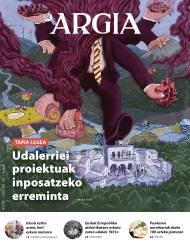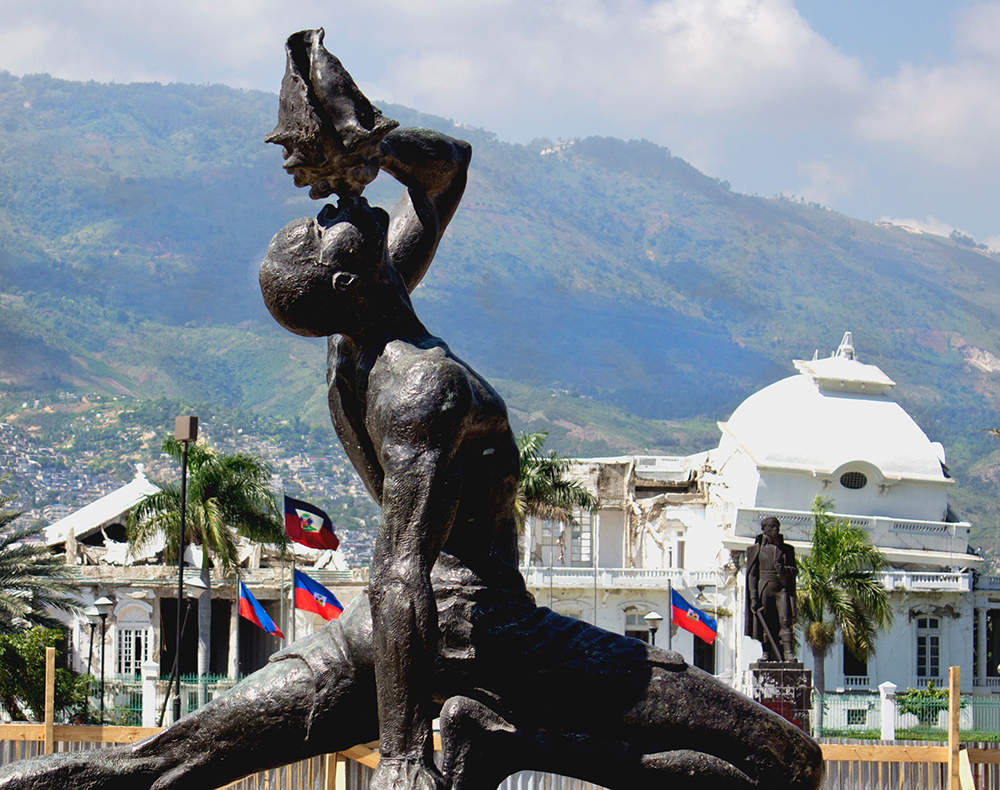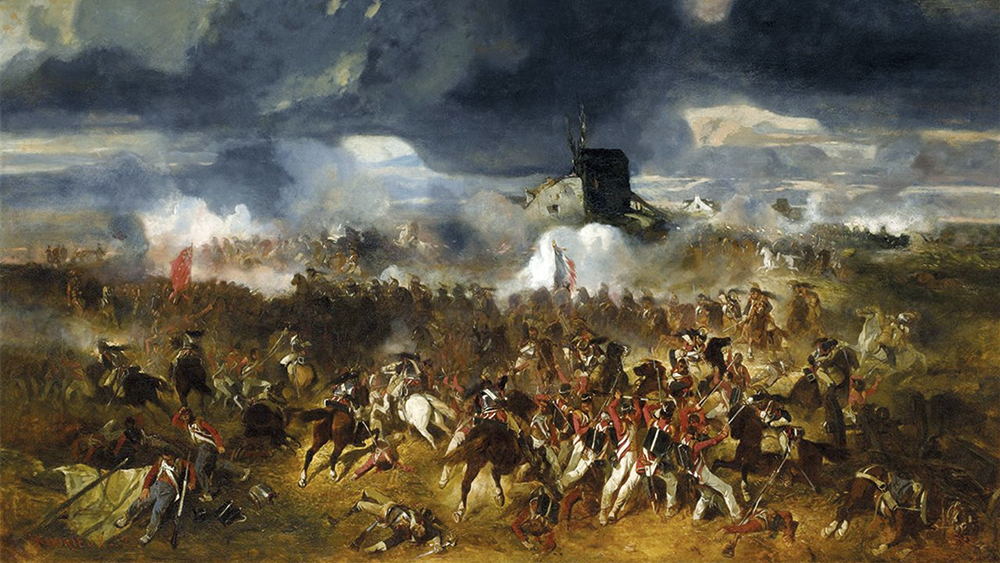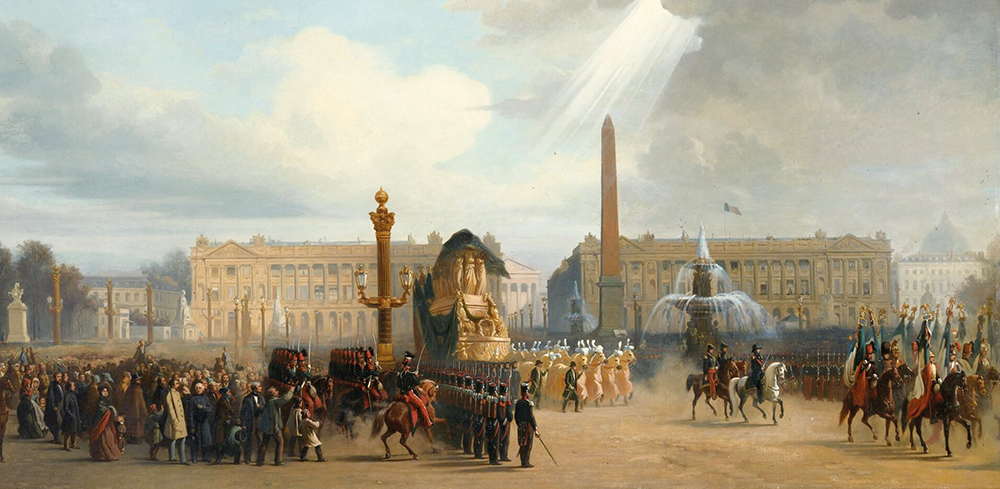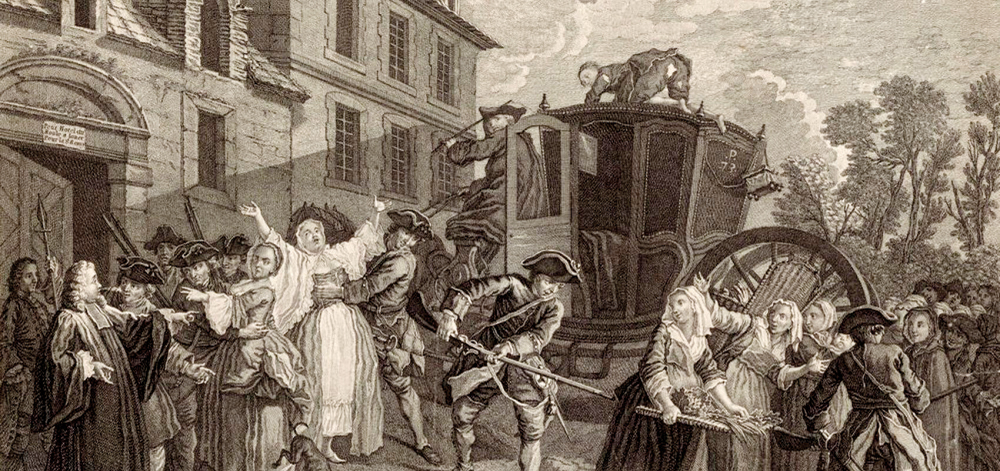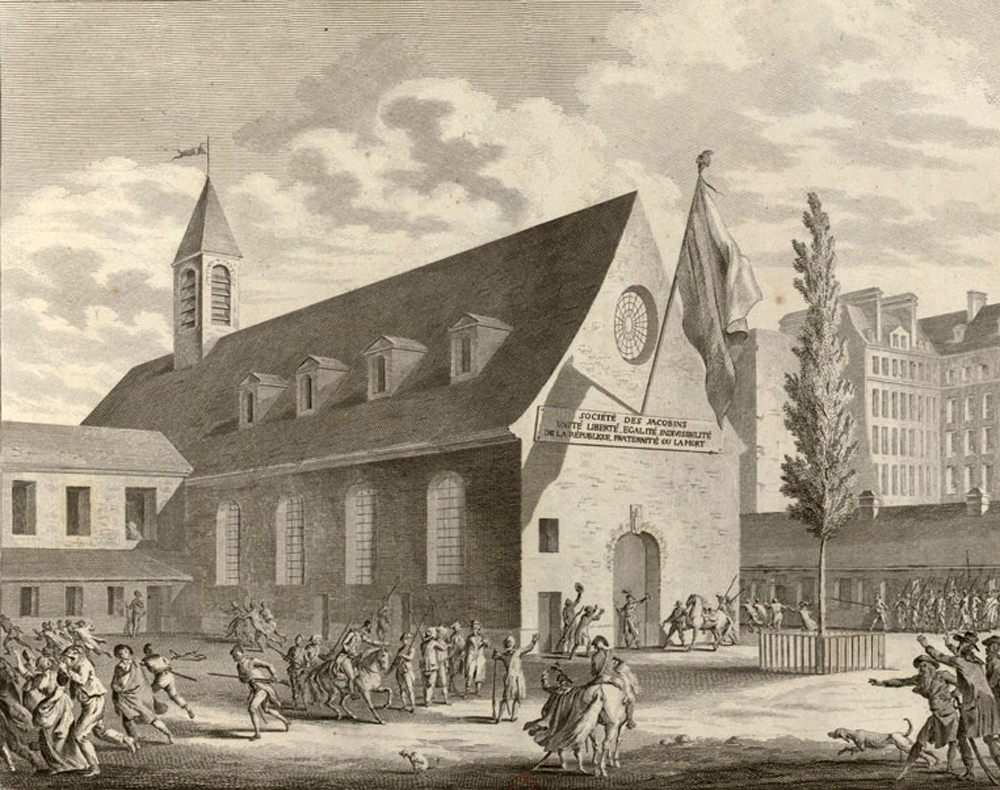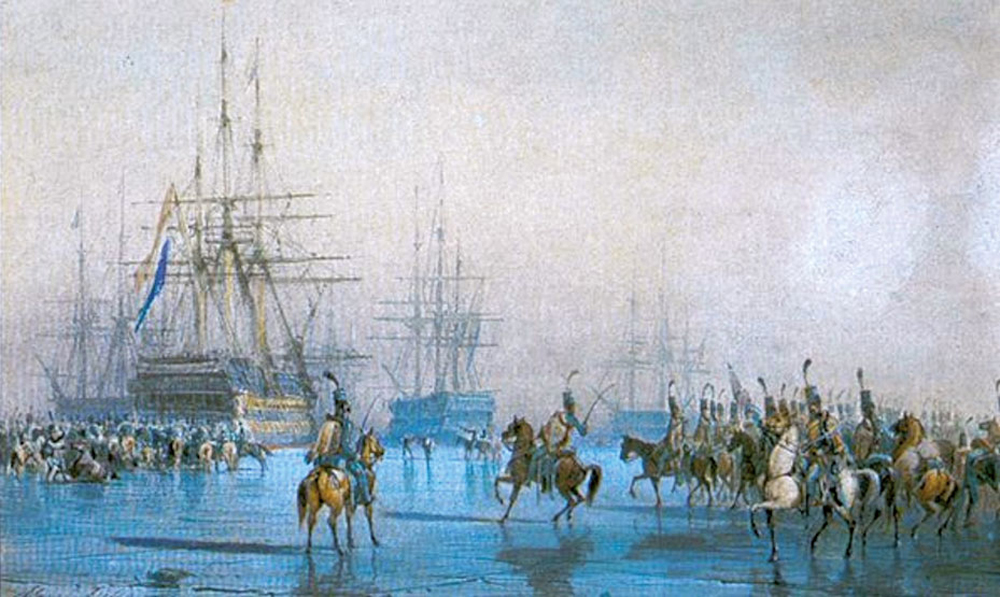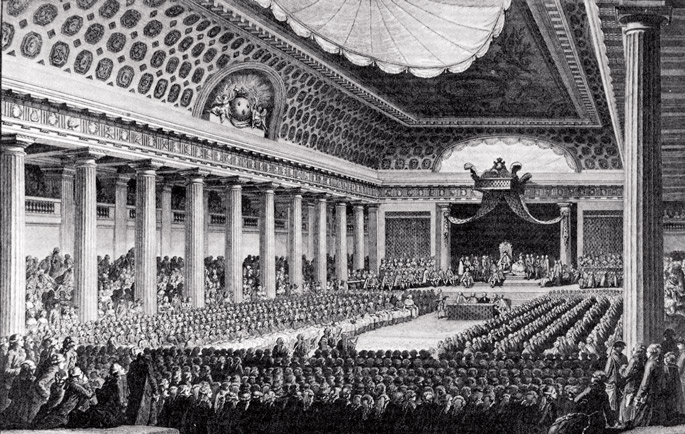What do you eat cakes?
- Although in the French Revolution Louis XVI went through the guillotine before Maria Antonieta, they began to ask for the neck of the Austrian archiduchess before. Why?
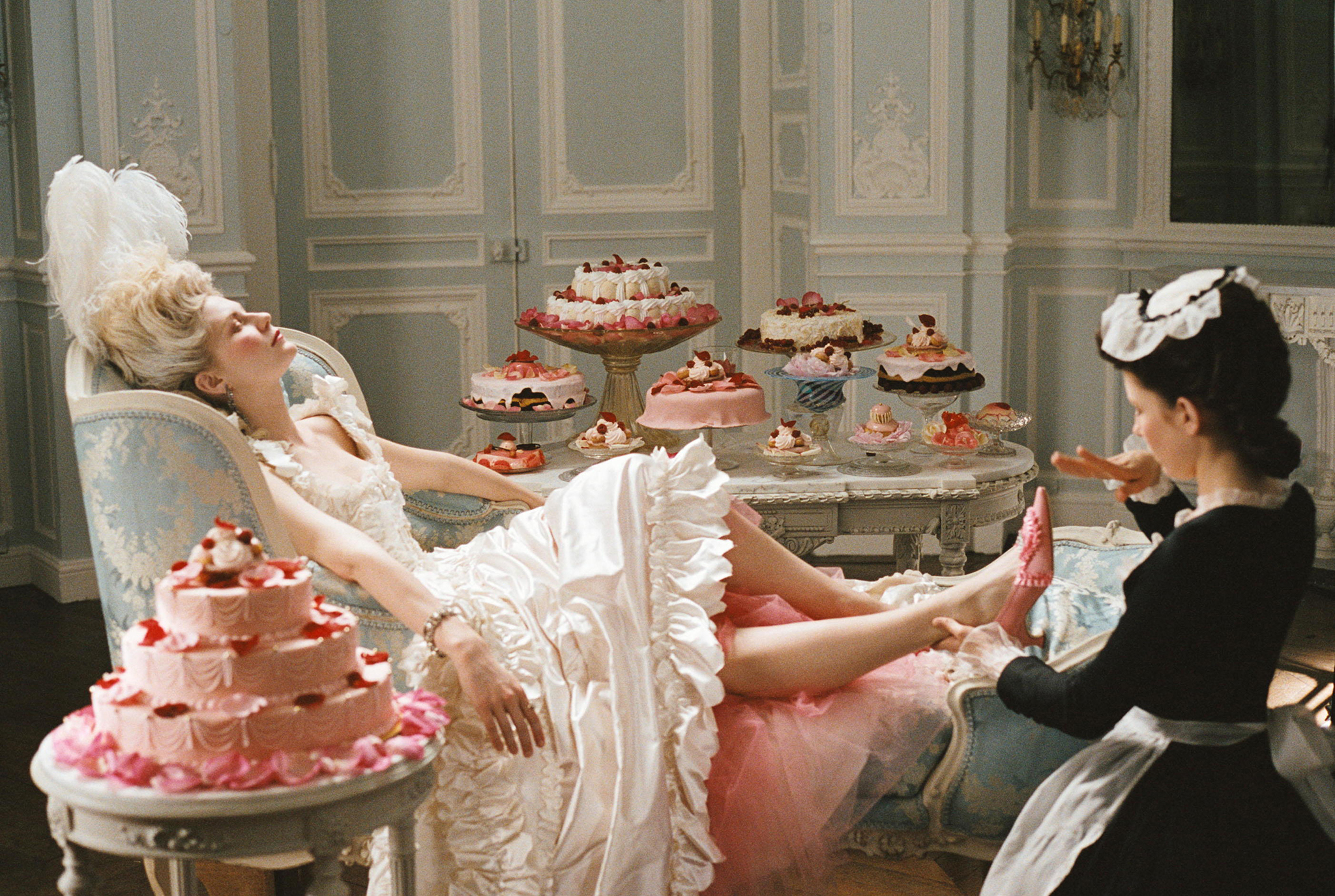
Paris, 10 May 1774. Died Louis XV, Louis XVI and María Antonieta, Austrian archiduchess, were named kings of France and Navarra. Maria Antonia Josepha Johanna von Habsburg-Lothring, born at the Hofburg Palace in Vienna in 1755, promoted between the emperor of the Roman Empire of Germania Francisco I and the 16 sons of Empress Maria Teresa I of Austria. Her mother sought to marry her best with a lot of children and tried to get a rigorous education oriented towards it. Maria Antonieta received classes of music, dance, fashion, singing and pronunciation, among others, but did not pay much attention to the future lessons in politics and economics that would be useful to her.
And in principle, the empress linked the perfect marriage for her daughter. At the age of 14, Maria Antonieta married the French dolphin: on the one hand, she would become queen and, on the other hand, the relationship between two powerful opposed dynasties would be tightened.
What sparked the hatred of most citizens was a well-known phrase. When he was told that they had no bread to eat, he replied “Qu’ils mangent de la brioche”, which ate cakes. Well, it doesn't seem that Maria Antonieta has ever said it.
Now we know what the end of the marriage was, but although Louis XVI went through the guillotine before Maria Antonieta, they began to ask the Austrian's neck before. They named him “Madame Deficiit”, “Austrian Wolf”, and with his origin they made a special game of words; instead of saying “autrichienne” (Austrian), they called him “autre chienne” (another female dog). His enemies immediately succeeded in court, when he rejected those who were not in his favor. Nor did it among politicians, for example, when it caused the financial officer, Turgot, to be dismissed from office. Or when I spent money to meet their expensive whims.
But what sparked the hatred of most citizens was a well-known phrase. At the beginning of the revolutionary process, the queen asked why the citizens protested and when she was told that they had no bread to eat, she replied “Qu’ils mangent de la brioche”, which ate cakes.
It does not seem that Maria Antonieta has ever said so. Contemporary Jean-Jacques Rousseau mentions a similar phrase in Les confessions, and it seems that Luis XIV.aren was talking about María Teresa or Madame de Montespan, both of whom died long before Maria Antonieta was born. Biographer Stefan Zweig believed it was said by a daughter Luis XV.aren and placed it within the campaign of rumours against the Austrian queen. Historian Antonia Fraser shares her opinion and recalls that the Abian of Versailles crowd screamed “Vive le roy” as they wished their wife to die.
All this does not necessarily mean that Maria Antonieta was much better than I thought, but it was not much worse than the other members of the royal family or high nobility.
Paris, 1667. Luis XIV.aren erregeldian, Colbertek hiriburuko polizia lotinantaren postua sortzeko agindua eman zuen.
Versailles, 1789ko irailaren 11. Batzar Nazional Konstituziogileko ia 1.200 kideak, jauregiko Menus-Plaisirs areto itzelean bilduta, Konstituzioaren artikulu bat eztabaidatzen hasi ziren: parlamentuak onartutako legeei betoa jartzeko eskubidea al zuen erregeak?
Bizpahiru... [+]









